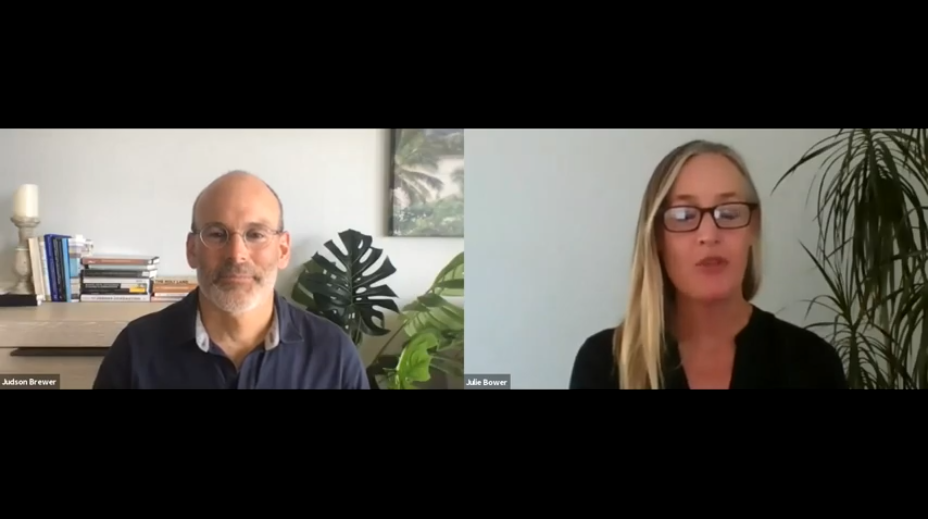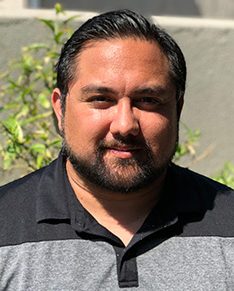How to unwind your anxiety habit

Is anxiety just another habit? Dr. Judson Brewer discusses his book Unwinding anxiety in an online interview with the Friend’s of the Semel Institute. In their discussion, he lays out how anxiety, like other habits, can be identified, better understood, and adapted into something more helpful.
How is anxiety a habit?
Dr. Brewer breaks habits down into three components: triggers, behaviors, and results. Dr. Brewer gave the example of how parents worrying about their children becomes habitual. First, anxiety is triggered when parents are uncertain about their children’s safety if the children stay out too late. Second, the parents engage in the act of worrying by continually thinking about catastrophic events. Third, the worry results in the parents being rewarded with a small sense of control. Dr. Brewer points out that parents believe that “they can’t just do nothing.” Therefore, worrying is viewed as a reasonable alternative that gives parents a sense that they are taking action and in control of the situation.
How can you break the habit of anxiety?
As pointed out above, anxiety can often give people a sense of control and can seem better than doing nothing. However, in the example given by Dr. Brewer, a parent worrying does not actually make their children safer. Dr. Brewer advises against attempting to break habits through will power, as will power is always limited. He suggests deepening your awareness of your habits and how the habit might be rewarding you. For example, overeating gives a short-term reward when someone enjoys the sugary and salty flavors. However, in the long-term there are negative consequences for someone’s health. Dr. Brewer’s research findings show that when people have a thorough understanding of the rewards and consequences of their habits, and they pay attention to their behavior, they automatically start to develop habits with greater short-term and long-term rewards.
Dr. Brewer provides a simple to use worksheet for helping people to map their habits. If you are interested in learning how cognitive behavior therapy would helpful in developing healthier habits then schedule a free phone consultation.

Dr. Jason von Stietz specializes in Cognitive Behavior Therapy and Sport/Performance Psychology in Torrance, CA. He provides online therapy (telehealth) by way of the Torrance office and is available for a free initial phone consultation. Dr. von Stietz works with individuals from Long Beach, the greater Los Angeles area, and the South Bay including Palos Verdes, Redondo Beach, Hermosa Beach, Manhattan Beach, El Segundo and all over California.
